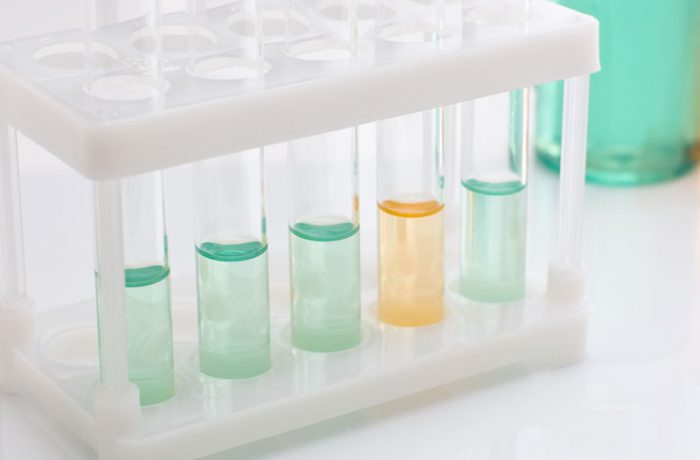Bisphenol A, commonly known as BPA, is a building block chemical used primarily in polycarbonate plastics and epoxy resins. The chemical raised health concerns due to the possibility of the chemical leaching from plastic or epoxy lined food containers. The state of California ended a six-year long battle over listing BPA as a toxic chemical when its Office of Environmental Health Hazard Assessment’s (OEHHA) Reproductive Toxicant Identification Committee voted unanimously to add the chemical to the state’s Proposition 65 list in May of 2015. Now California has opted to hold off on the labeling requirement for canned goods containing BPA in the epoxy lining for fear of scaring consumers.
This decision comes in conjunction new scientific research indicating that BPA exposure is of low concern in consumer products. The Food Safety Authority of Ireland (FSAI) analyzed a range of commonplace food and beverages for a number of chemicals, one being BPA.
The study found BPA detected at low levels in 30 percent of the samples analyzed. Using these values to extrapolate an estimated total diet intake of BPA led researches to believe the “exposure to BPA is of low concern”. The American Chemistry Council (ACC) has commented on the conclusions of the study and agrees that they are consistent with a prior study done by the European Food Safety Authority which states that “BPA poses no health risk to consumers of any age group (including unborn children, infants and adolescents) at current exposure levels”.

